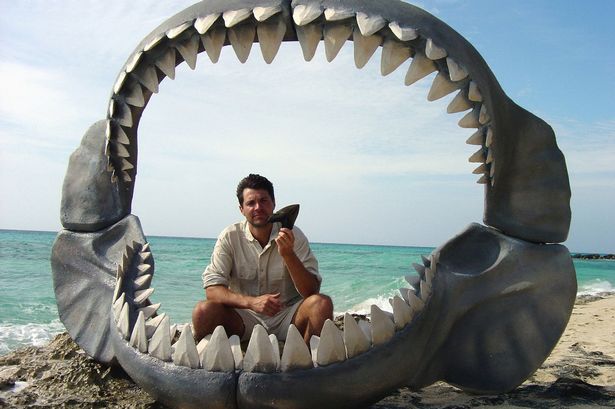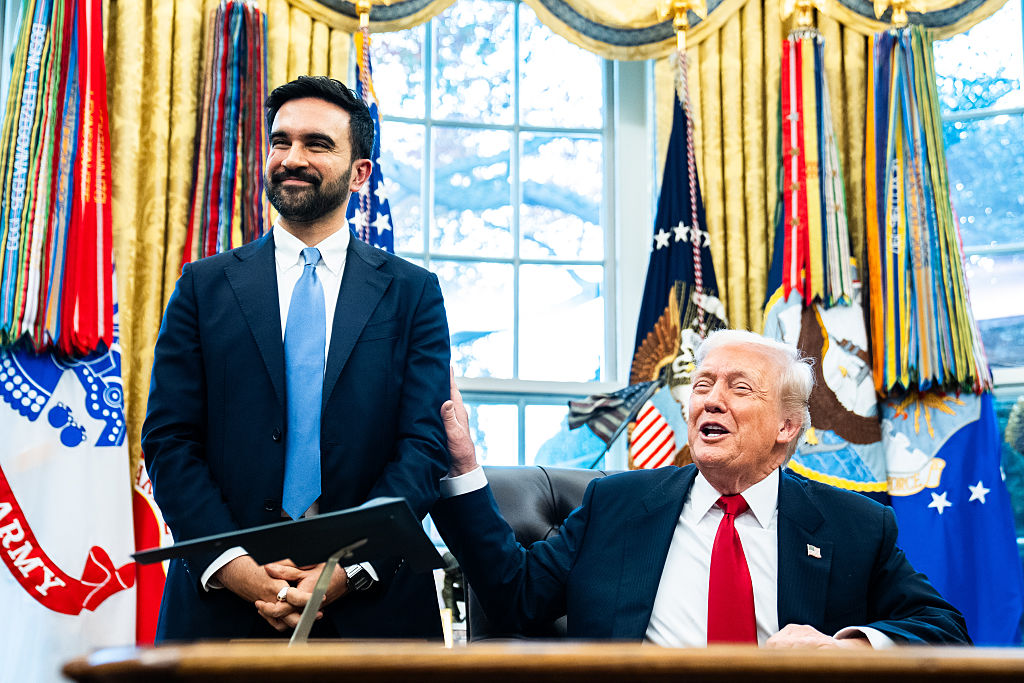UK gambling companies allocated a staggering £2 billion to advertising and marketing in the past year, according to recent estimates from media insights group WARC. This figure has intensified discussions around potential increases in taxes for the sector, as industry watchdogs and lawmakers advocate for more stringent financial regulations.
The substantial expenditure encompasses various channels, including print and digital promotions, as well as affiliate programs that pay third parties to direct gamblers to specific operators. This amount significantly surpasses the £1.2 billion collected by the UK Treasury from online casino companies in the same period.
Industry experts suggest that the actual spending on gambling advertising could be even higher, potentially reaching close to £2.5 billion when including taxes from slot machines and sports bets. The difficulty in accurately measuring digital marketing spend complicates precise estimates, leading to speculation that the total could be hundreds of millions more than reported.
As the Chancellor of the Exchequer, Rachel Reeves, prepares for the upcoming budget announcement, she faces pressure from think tanks, members of parliament, and former Prime Minister Gordon Brown to consider raising these duties. The financial sector is keen to address the ongoing challenges in public finances, and gambling taxation remains a contentious topic.
In response to WARC’s estimates, the Betting and Gaming Council (BGC), an industry lobbying group, contested these figures, asserting that actual advertising spending is closer to £1 billion. This estimate is notably lower than the £1.5 billion reported by Regulus Partners in 2018, indicating a shift in the industry’s financial landscape.
Calls for increased taxation have gained momentum, with figures like Meg Hillier, chair of the Treasury select committee, emphasizing that the industry’s spending undermines claims of financial instability. During discussions with the BGC, Hillier noted that assertions of potential job losses were incongruent with the billions spent on advertising. She stated, “Unfortunately, the fact that we are told the existence of gambling firms is on a financial knife-edge while they simultaneously plough billions into advertising does not come as a surprise.”
Labour MP Alex Ballinger, a proponent of more rigorous regulation, expressed concern over the industry’s advertising practices, describing the £2 billion figure as “astronomic.” He suggested that gambling firms should reconsider their marketing strategies before opposing fair taxation on their substantial profits, especially given the societal harms associated with gambling.
On the other hand, analysts like Alun Bowden from Eilers & Krejcik Gaming warned that cuts to advertising budgets could inadvertently benefit illicit operators in the UK market. He noted, “Marketing spend is the main way to mitigate costs and would be the first thing to be cut if taxes rise.” Bowden emphasized that reducing advertising could level the playing field for black market operators, who are increasingly investing in online marketing strategies.
According to James McDonald, director of intelligence at WARC, the gambling sector has become a dominant force in the advertising landscape, surpassing traditional industries such as automotive and cosmetics. McDonald pointed out that while television remains a significant focus, social media platforms are integral to the sector’s marketing strategies.
The Campaign to End Gambling Advertising, represented by director Will Prochaska, argued that the industry could adjust its advertising expenditures to accommodate potential tax increases without resorting to layoffs or reducing payouts to customers.
In response to the growing scrutiny, a spokesperson for the BGC reiterated claims that the reported advertising spend is misleading and that the actual figure, which excludes lotteries, is around £1 billion. They highlighted that a significant portion of advertising efforts—20%—is dedicated to promoting safer gambling practices, a voluntary commitment from the UK industry.
The ongoing debate surrounding gambling taxation and advertising expenditure underscores the complexities of an industry grappling with regulatory pressures and public scrutiny. As the budget approaches, stakeholders await the Chancellor’s decision, which could reshape the financial landscape for gambling firms in the UK.







